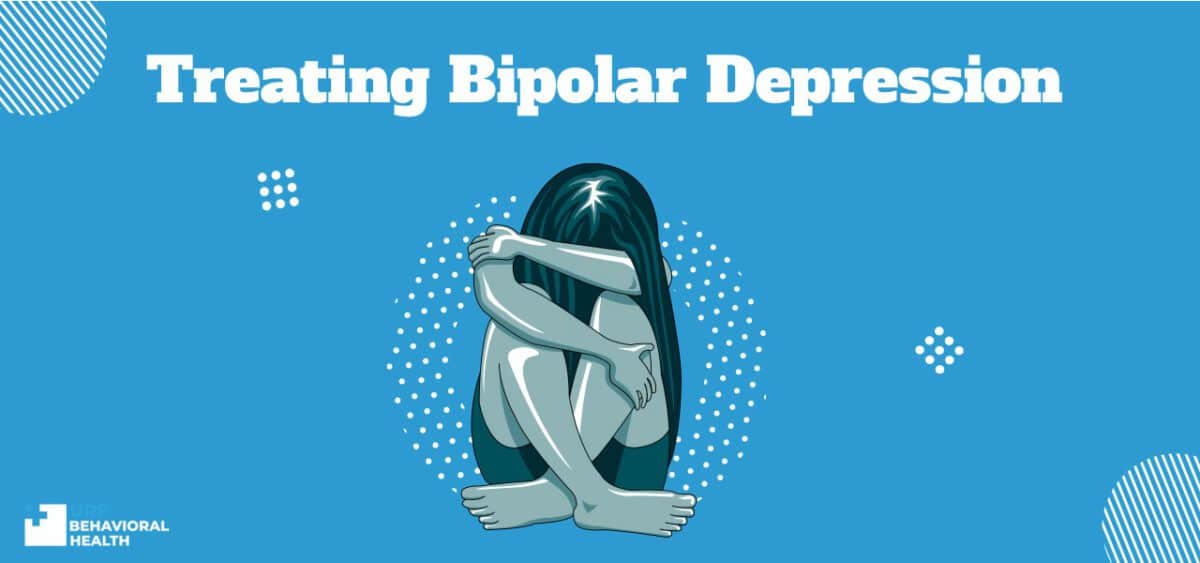Medications for Bipolar Disorder

Bipolar disorder, which affects about 2.8 percent of US adults, can have a significant effect on how you feel and perceive things. It’s a serious condition, but with the right medication, you can manage symptoms and improve psychosocial functioning. But just like with other disorders, there’s no one-size-fits-all solution for everyone with bipolar disorder. Therefore, the same medication can’t work on everyone’s symptoms. Therefore, healthcare providers have formulated different medications to address different sets of symptoms.

What Bipolar Treatment Includes
Although medication plays a major role in bipolar disorder treatment, long-term progress requires combining it with psychotherapy as well. Additionally, there are cases when clients require more than a single type of medication for their symptoms. It’s why mental health practitioners at URP Behavioral Health conduct a complete assessment of your symptoms to prescribe the right medication.
What Are Mood Stabilizers?
Lithium
Among the different mood stabilizers recommended for clients with bipolar disorder, lithium is the most common. While researchers have found it to be quite effective in addressing acute manic and depressive episodes, doctors have yet to determine how it works.
However, researchers theorize that it addresses chemical imbalances in the brain that could otherwise lead to mood disturbances. So, it reduces manic symptoms like distractibility, elevated mood, and impulsivity.
Lithium already needs some weeks of consistent use to take effect, but your healthcare provider will need more time to determine the right dose for you. Since lithium requires several weeks to take effect, you should never stop taking it suddenly, even if you feel fine. Rather than a cure, lithium is a way for people with bipolar disorder to control their symptoms and avoid a relapse.
Lithium isn’t addictive, but it does have short-term side effects like nausea, dizziness, and upset stomach. Possible long-term side effects are weight fluctuations, shaking hands, and frequent urination.
![]()
What Are Anticonvulsants?
Valproate
Also known as valproic acid, this anticonvulsant is commonly prescribed to treat manic symptoms. Researchers theorize that it reduces symptoms by increasing levels of GABA in the brain. Since GABA is responsible for blocking the transmission of signals across nerves, this induces a calming effect. It’s suitable for addressing acute manic episodes, and healthcare providers may adjust your dosage to address manic symptoms.
Lamotrigine
This anticonvulsant and mood stabilizer has stronger antidepressant effects, making it suitable for depressive episodes during bipolar disorder. It works by decreasing the intensity of irregular electrical activity in the brain. This delays the time between changes in mood and the occurrence of manic or depressive states. Also, it’s more effective as a preventative medication rather than a treatment for acute episodes.
What Are Antipsychotics?
Although this class of drugs is mainly prescribed for conditions like schizophrenia, your healthcare provider may prescribe it when you present with a current manic episode. Not to mention, a significant proportion of people with bipolar disorder experience psychotic symptoms like hallucinations and delusions as well.
In these cases, an antipsychotic can help address mood disturbance and psychotic symptoms. Specifically, second-generation or atypical antipsychotics have mood-stabilizing properties in addition to relieving psychotic features.
Healthcare providers consider prescribing an antipsychotic when you present with prominent behavioral disturbances. That’s because they’re fast-acting and rapidly effective at managing manic symptoms.
And if you’re agitated, they may recommend anti-anxiety medication such as benzodiazepine as a short-term treatment to calm you down and help you sleep. But for less severe episodes, lithium is preferred.
Commonly prescribed antipsychotics for bipolar disorder include:
- Olanzapine: It acts on dopamine D2 receptors as an antagonist, blocking the neurotransmitter from acting on the post-synaptic receptor.
- Risperidone: Research indicates that it binds to serotonin and dopamine receptors, which brings about a positive effect on mood and makes it suitable for the treatment of bipolar disorder.
- Quetiapine: It works by balancing levels of neurotransmitters such as serotonin and dopamine, thereby regulating your mood and subsequent behavior.

Treating Bipolar Depression
Although a major depressive episode isn’t required for a diagnosis of bipolar I disorder, it often precedes or follows a manic episode. Although mood stabilizers can prevent the recurrence of a depressive episode, healthcare providers may prescribe antidepressants for current depression.
Make sure to consult with an expert before taking antidepressants. That’s because some medications, specifically tricyclics, can induce a manic episode. Research indicates that antidepressants are less likely to cause a manic episode when prescribed with a mood stabilizer.
Getting The Right Medication
Because bipolar disorder symptoms can vary in severity, you should expect to go through some trial and error before finding the right medication for your condition. During this process, you’ll need to remain patient and take your medication consistently before seeing any results.
As your symptoms change, your mental health practitioner may change the dosage or prescription. Although mild side effects are common when you start taking a new medication, you can expect these to subside as your body gets used to them.
Let Us Guide You Towards Healing
We know that seeking treatment can be overwhelming, but our staff is here to make the process as smooth as possible. We’re available 24/7 to address any questions or concerns you may have.

